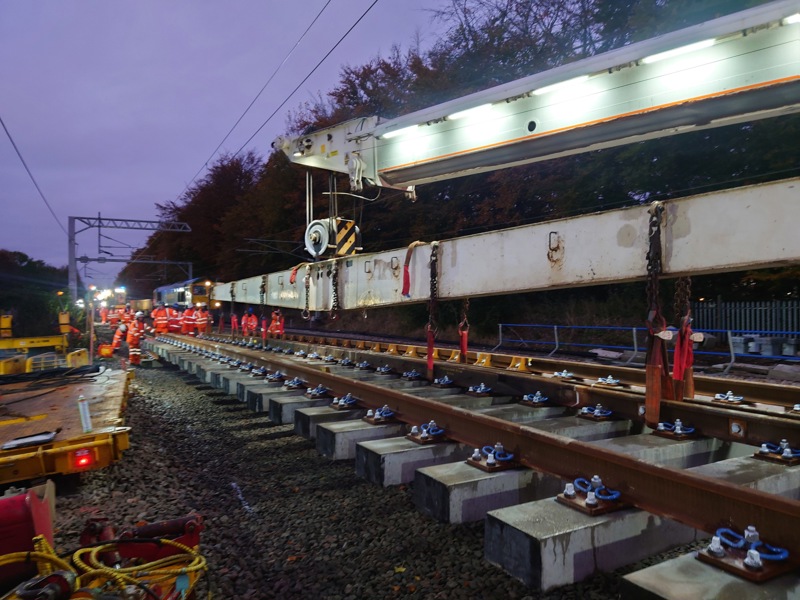
The prospect of having to make redundancies is becoming a possibility for some supply chain companies, as they continue to feel the pressure of the boom-and-bust nature of the rail industry’s investment pipeline.

The prospect of having to make redundancies is becoming a possibility for some supply chain companies, as they continue to feel the pressure of the boom-and-bust nature of the rail industry’s investment pipeline.
At a House of Commons Transport Select Committee hearing on May 7, Rail Forum Vice-Chair Michelle Craven-Faulkner had told MPs the current situation in Network Rail’s Control Period 7 (April 2024-March 2029) was “leading to redundancies and businesses closing at the moment because there is not a certainty of work”.
One company that has not had a steady flow of work is Sutton Coldfield-based DigiSig Rail.
Director Russell Simpson told RAIL that work to set up emergency or temporary speed restrictions, once classed as ‘nice-to-have’ additional income, was now needed to keep staff occupied, but was “very small” and “not really paying the wages”.
Despite being a company of just seven, he said: “We’re in real danger of having to make redundancies of our own. We don’t want to do that.
“What’s worrying is we can’t see anything changing massively at the moment. There doesn’t seem to be any clear strategy or plan that’s visible to me as a business owner of what Network Rail is doing.”
Simpson said that while DigiSig Rail has “fortunately got a fairly strong reputation”, work had started to dry up in the final 12 months of CP6.
The Transport Select Committee has also received more than 50 written submissions as part of its inquiry into investment pipelines.
Alstom, which faced having to potentially close its Derby Litchurch Lane manufacturing site in 2023 due to a lack of orders, said 2,000 of its staff (and more in the supply chain) had been “put at serious risk”.
Looking back at the 2023 crisis, the company told MPs: “The fact that such a strategic national asset could be so close to the brink is, in Alstom’s view, an example of a lack of national transport and rolling stock strategies. No one in government had appeared to see the problem coming.”
In written evidence to the committee, AtkinsRéalis warned of an upcoming skills shortage, and that to attract and retain talent there “needs to be certainty in workload and employment”.
The company said: “The constant boom and bust cycles lead to redundancy, which discourages early careers from choosing this industry as their first option.”
AtkinsRéalis told RAIL the evidence it submitted was “intended to speak for the industry as a whole”, saying: “The cyclical nature of rail investment creates significant challenges across the supply chain, affecting workforce planning and specialised expertise retention.”
In January, two firms published profit warnings which both cited CP7.
Tool- and equipment-hire firm Speedy Hire pointed towards the “economic downturn”, but said the “delay in CP7 rail works has also had an impact on trading in the final quarter, but remains a significant opportunity for the Group into FY2026 [financial year]”.
Meanwhile, engineering services contractor Renew said: “Trading within the rail sector has been impacted by the slow start to CP7, which commenced in April 2024.
“This lower-than-expected level of activity has continued in recent weeks. Consequently, trading in the Group’s Rail sector is now behind management expectations.”
However, managers believed the “situation will normalise as we move through the cycle”, with its clients “committed to record levels of expenditure”.
Speaking at the TSC hearing on May 7, NR Chief Executive Sir Andrew Haines said there had been visibility of the work, but it was “not crystallising into as many orders as the supply chain wants to have”.
He told MPs: “We have contracted more of the work, but there have been fewer contracts than many of the suppliers were expecting. Where they find that they are going to have grief, in some cases talking about workforce redundancies, it is not because we have not smoothed the flow - it is because the value of the settlement has been reduced by what we know were two or three years of abnormal inflation.”
In an example of where money is being spent, Haines added: “We see far more frequent weather events, which means that we have to invest more in earthworks. While in the current control period we are spending less on signalling and less on track, we are spending £400 million more on earthworks directly in response to climate change. We have to track those trends.”
DigiSig has been involved in designing the signalling system at Cambridge South, but is having to look for short-term work due to a lack of pipeline work. NETWORK RAIL.
Login to continue reading
Or register with RAIL to keep up-to-date with the latest news, insight and opinion.

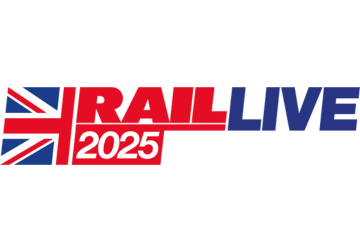

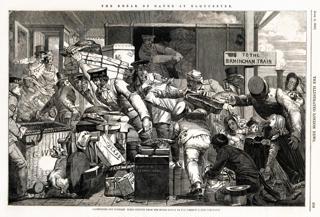
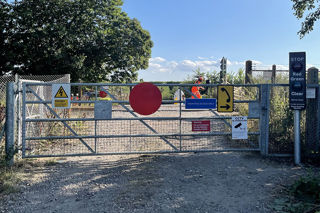
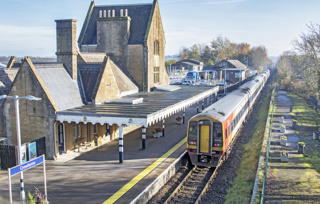
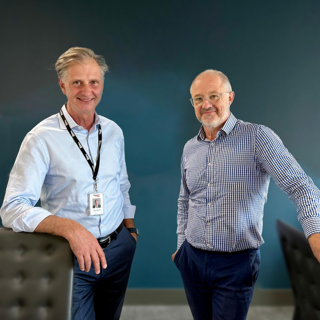











Login to comment
Comments
No comments have been made yet.